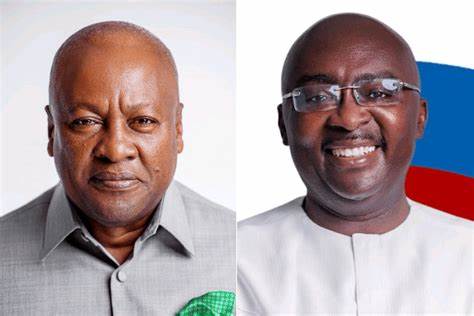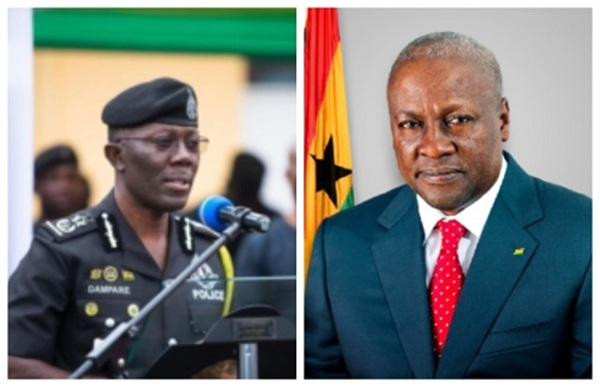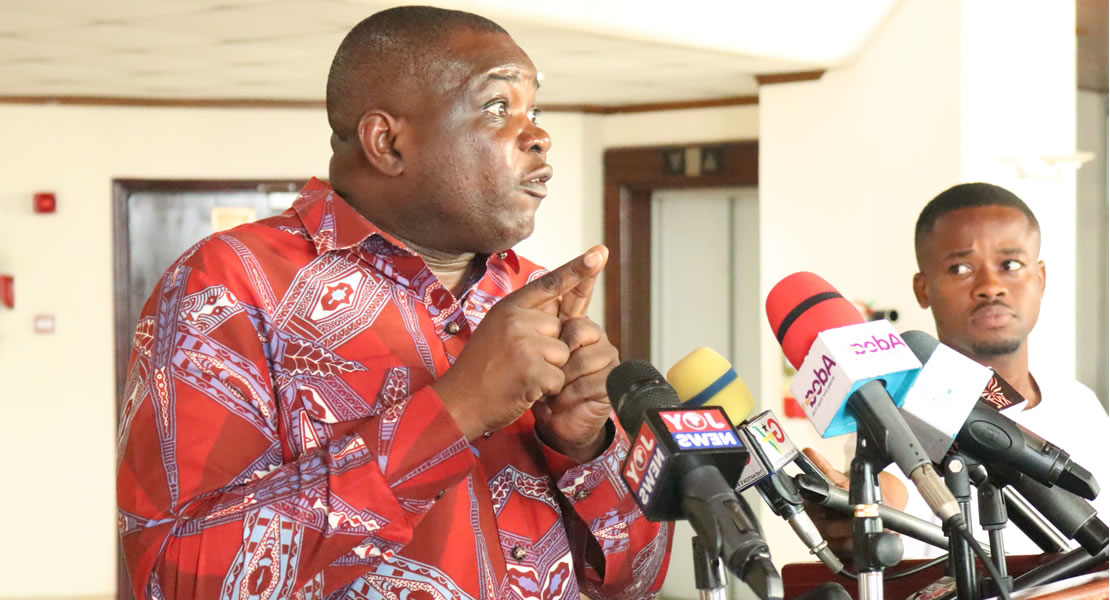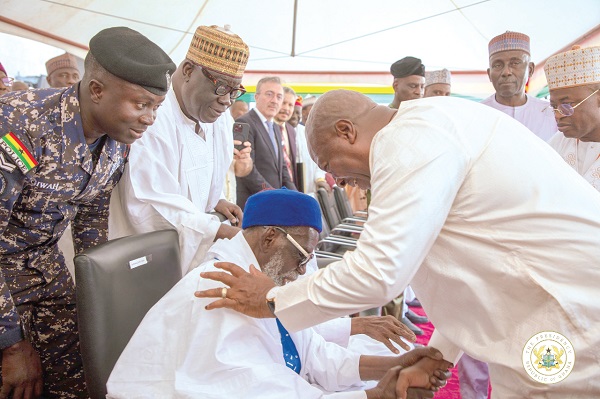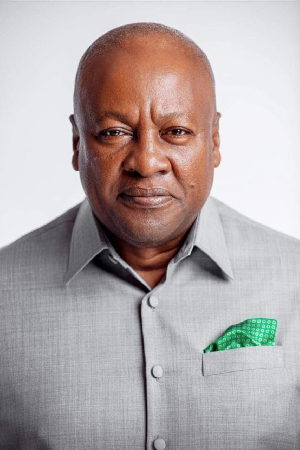Security expert, Professor Kwesi Aning, has dismissed fears of potential violence in Ghana’s 2024 elections, asserting that both John Mahama of the National Democratic Congress (NDC) and Dr. Mahamudu Bawumia of the New Patriotic Party (NPP) have consistently displayed a commitment to peace.
Speaking on JoyNews’ Newsfile on Saturday, November 30, Prof. Aning emphasized that while political extremism exists within both parties, the actions and rhetoric of Mahama and Bawumia reflect peaceful leadership. “Their behavior over the years has fostered a strong belief that they prioritize the nation’s stability over personal political ambitions,” he stated.
He refuted claims of impending electoral violence, arguing, “For the last 24 months, neither Mahama nor Dr. Bawumia has engaged in any action or made statements that could be interpreted as inciting violence.”
Prof. Aning’s remarks follow concerns raised by British High Commissioner Harriet Thompson, who suggested that the 2024 elections could be less peaceful than previous ones. Countering this, he said, “The 2024 elections will not be less peaceful. Both leaders have consistently signaled their dedication to peace, which plays a crucial role in managing their parties and discouraging extremism.”
While acknowledging the presence of fringe elements in both parties who might engage in illegal activities to gain power, Prof. Aning stressed the importance of leadership in preventing such incidents. “Leadership must remain firm in condemning and curbing such behavior,” he noted.
He also urged Ghanaians to recognize the broader public sentiment, stating, “Conversations with ordinary citizens across the country reveal a strong desire for peace and stability over political unrest.”
Additionally, Prof. Aning highlighted systemic issues such as public mistrust in institutions like the judiciary and the Electoral Commission (EC), citing Afrobarometer findings. He called for urgent measures to address these trust deficits to reinforce confidence in the electoral process.


